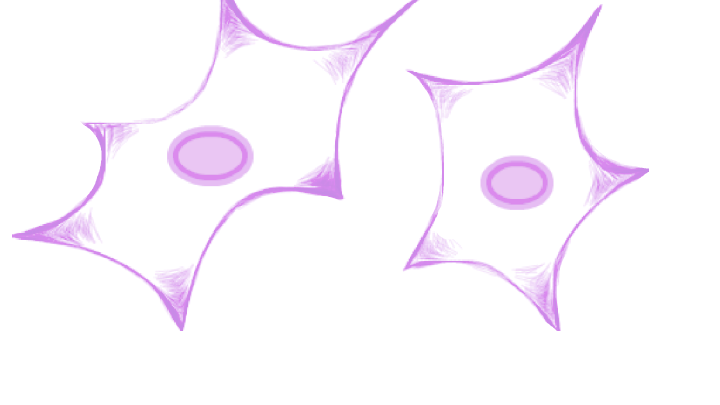Cell Senescence Entries for HYOU1
- Cell Types
- Breast cancer
- Cell Lines
- MCF-7
- Cancer Cell?
- No
- Method
- Overexpression
- Type of senescence
- Stress-induced
- Senescence Effect
- Inhibits
- Primary Reference
- Krętowski et al. (2013) Low-glucose medium induces ORP150 expression and exerts inhibitory effect on apoptosis and senescence of human breast MCF7 cells. Acta Biochim Pol 60(2)167-73 (PubMed)
HYOU1 Gene Information
- HGNC symbol
- HYOU1
- Aliases
- Grp170; HSP12A; ORP150
- Common name
- hypoxia up-regulated 1
- Entrez Id
- 10525
- Description
- The protein encoded by this gene belongs to the heat shock protein 70 family. This gene uses alternative transcription start sites. A cis-acting segment found in the 5' UTR is involved in stress-dependent induction, resulting in the accumulation of this protein in the endoplasmic reticulum (ER) under hypoxic conditions. The protein encoded by this gene is thought to play an important role in protein folding and secretion in the ER. Since suppression of the protein is associated with accelerated apoptosis, it is also suggested to have an important cytoprotective role in hypoxia-induced cellular perturbation. This protein has been shown to be up-regulated in tumors, especially in breast tumors, and thus it is associated with tumor invasiveness. This gene also has an alternative translation initiation site, resulting in a protein that lacks the N-terminal signal peptide. This signal peptide-lacking protein, which is only 3 amino acids shorter than the mature protein in the ER, is thought to have a housekeeping function in the cytosol. In rat, this protein localizes to both the ER by a carboxy-terminal peptide sequence and to mitochondria by an amino-terminal targeting signal. Alternative splicing results in multiple transcript variants. [provided by RefSeq, Mar 2014].
HYOU1 Ontologies
- Gene Ontology
-
Process: GO:71456; cellular response to hypoxia
GO:34976; response to endoplasmic reticulum stress
GO:1903298; negative regulation of hypoxia-induced intrinsic apoptotic signaling pathway
GO:6888; endoplasmic reticulum to Golgi vesicle-mediated transport
GO:2931; response to ischemia
GO:43066; negative regulation of apoptotic process
GO:1903382; negative regulation of endoplasmic reticulum stress-induced neuron intrinsic apoptotic signaling pathway
Cellular component: GO:16020; membrane
GO:5783; endoplasmic reticulum
GO:5925; focal adhesion
GO:5788; endoplasmic reticulum lumen
GO:5576; extracellular region
GO:70062; extracellular exosome
GO:71682; endocytic vesicle lumen
GO:34663; endoplasmic reticulum chaperone complex
GO:5790; smooth endoplasmic reticulum
Hide GO termsFunction: GO:166; nucleotide binding
GO:5524; ATP binding
GO:5515; protein binding
GO:16887; ATP hydrolysis activity
GO:51082; unfolded protein binding
GO:51087; chaperone binding
Homologs of HYOU1 in Model Organisms
- Caenorhabditis elegans
- CELE_T24H7.2
- Danio rerio
- hyou1
- Drosophila melanogaster
- EG:25E8.1
- Mus musculus
- Hyou1
- Rattus norvegicus
- Hyou1
External links
- OMIM
- 601746
- Ensembl
- ENSG00000149428
- Entrez Gene
- 10525
- UniGene
- 277704
- 1000 Genomes
- 1000 Genomes
- HPRD
- GenAtlas
- HYOU1
- GeneCards
- HYOU1
